In Ghana, education is more than just a necessity—it’s a status symbol. For the country’s wealthiest families, sending their children to the most prestigious schools isn’t just about academics; it’s about access to global opportunities, elite networks, and a future paved with privilege.
These institutions boast world-class facilities, internationally recognized curricula, and tuition fees that rival some of the most expensive schools in the world.
The most expensive schools in Ghana
1. Lincoln Community School
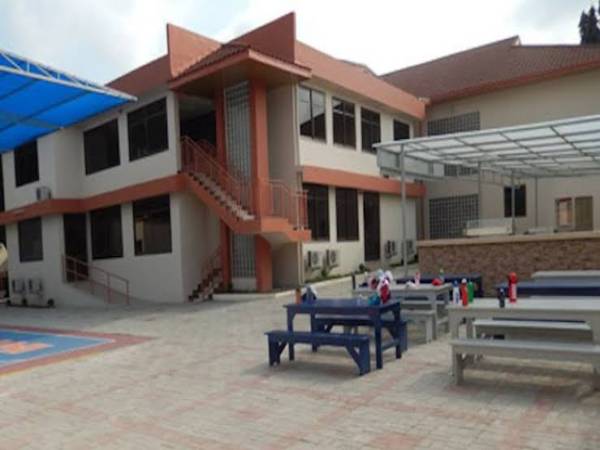
Located in Abelenkpe, this school is arguably the most expensive in Ghana, with annual tuition fees ranging from $15,084 to $26,276. It follows an American curriculum and is known for its high academic standards.
2. American International School
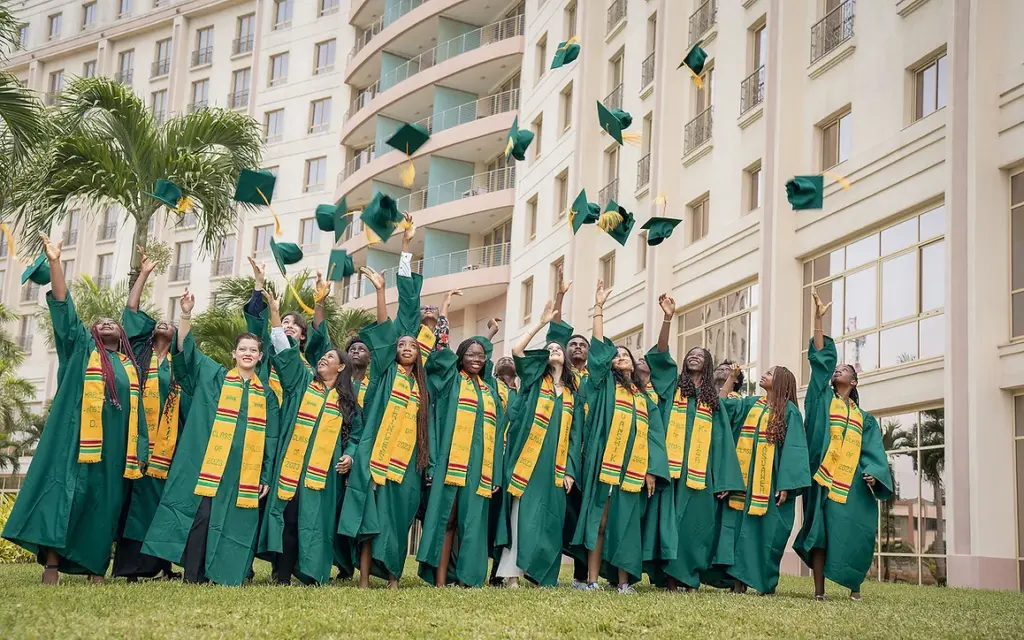
Situated in East Legon, this school charges approximately GH¢40,000 per year. It offers an American-based curriculum and is a top choice for expatriates and affluent Ghanaian families.
3. SOS-Hermann Gmeiner International College

Based in Tema, students here pay between GH¢39,000 to GH¢78,000 per term. The school follows the British curriculum and is known for its rigorous academic programs.
4. Al-Rayaan International School
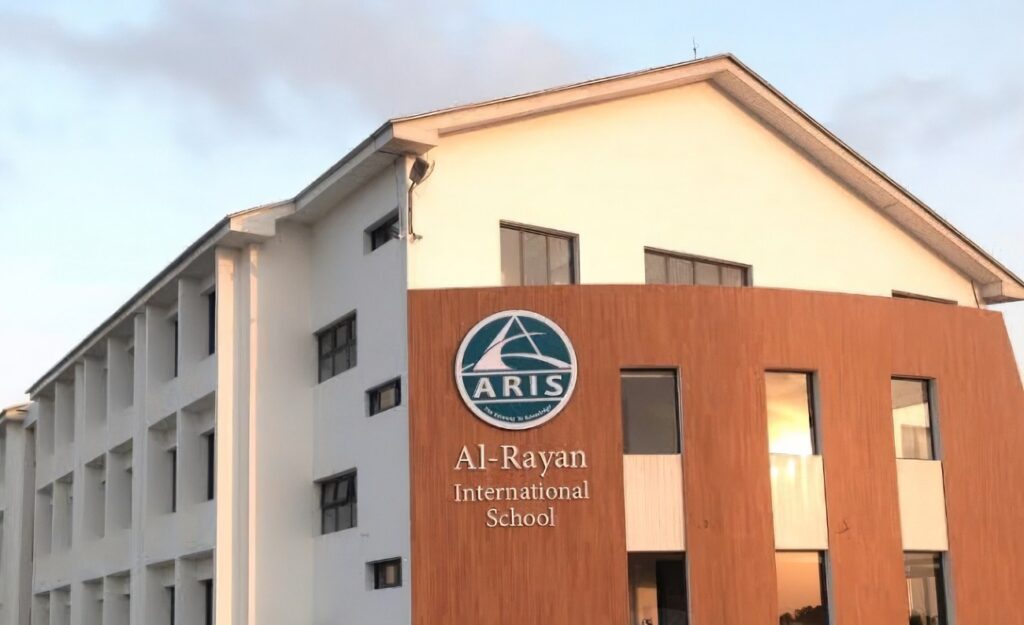
This institution blends Islamic, British, and Cambridge curricula, with tuition fees ranging from $6,750 to $8,750 per term.
5. Ghana International School (GIS)
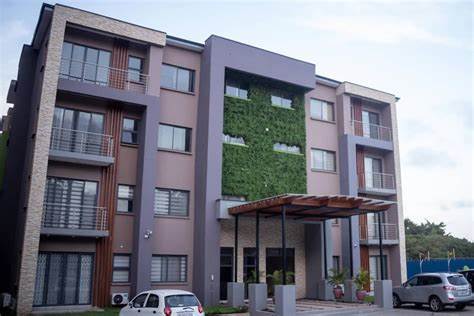
One of the oldest international schools in Ghana, GIS follows the British curriculum and charges between $2,027 to $3,045 in tuition fees.
6. Galaxy International School
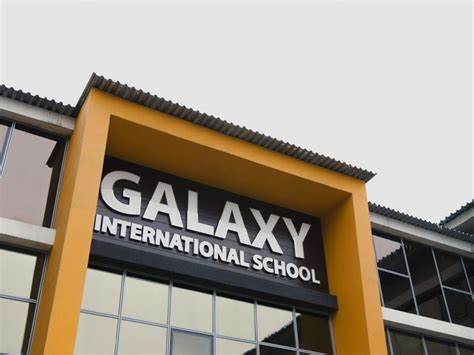
Located in Kinshasa Crescent, this school offers a British curriculum and charges GH¢26,000 per year.
7. Liberty American School
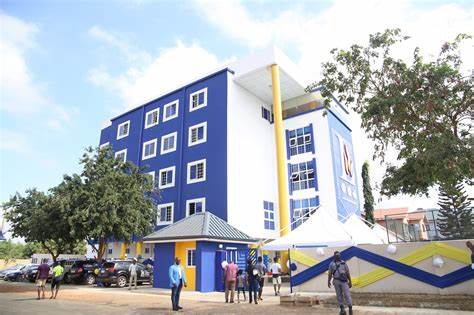
Found in Abelemkpe, this school operates on an American curriculum, with tuition fees of approximately GH¢30,000 per year.
8. Ecole Francaise

Situated in East Legon, this French-curriculum school charges between €4,900 and €8,000 per year.
What makes these schools stand out?
Beyond their hefty price tags, these schools offer state-of-the-art facilities, small class sizes, and internationally recognized qualifications. Many cater to expatriates and Ghana’s elite, ensuring students receive a globally competitive education.
For families who can afford it, these institutions provide more than just knowledge—they offer a gateway to prestigious universities, influential connections, and a future shaped by privilege.
But for the average Ghanaian, these schools remain a distant dream, highlighting the stark divide between the country’s wealthy and middle-class citizens.
